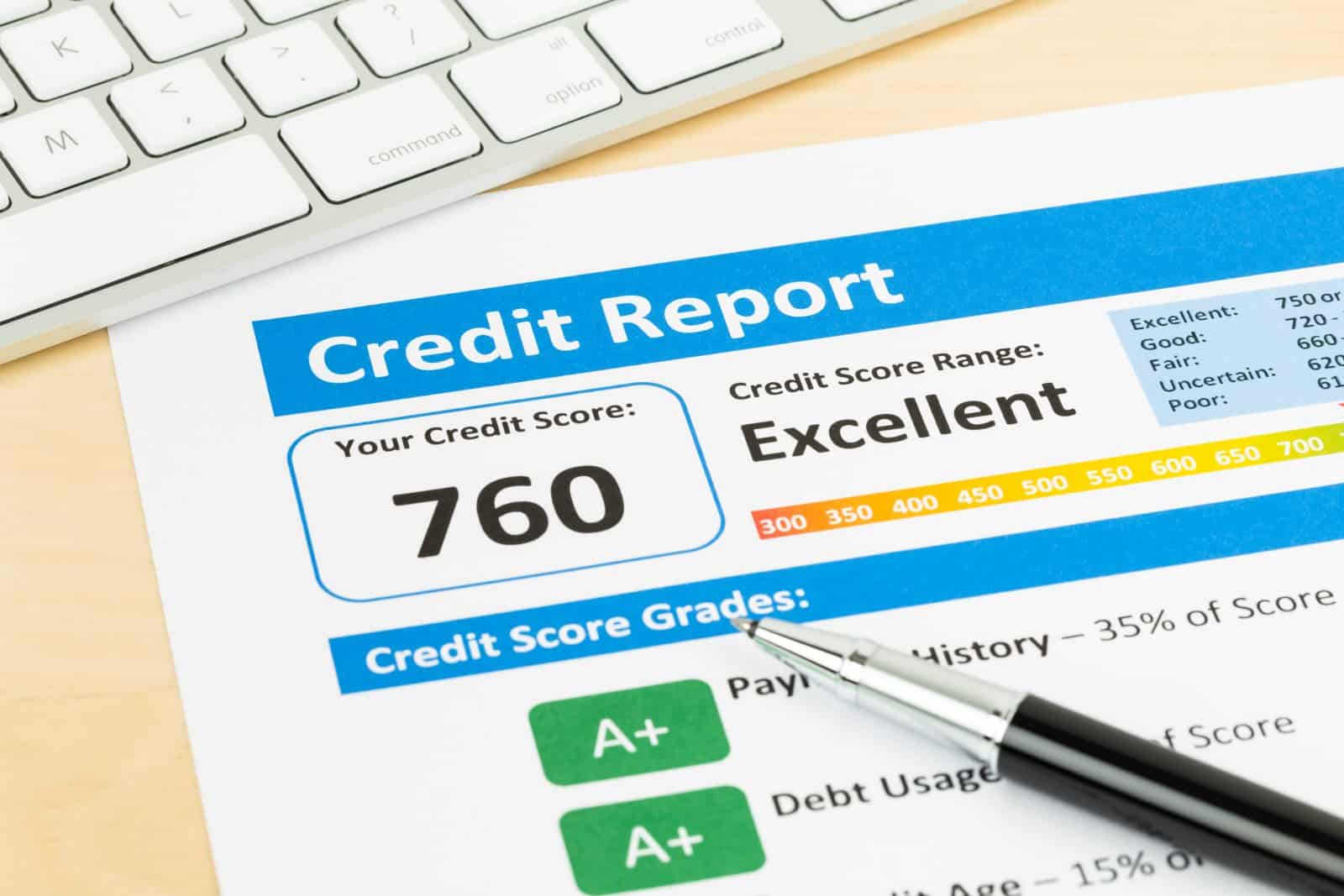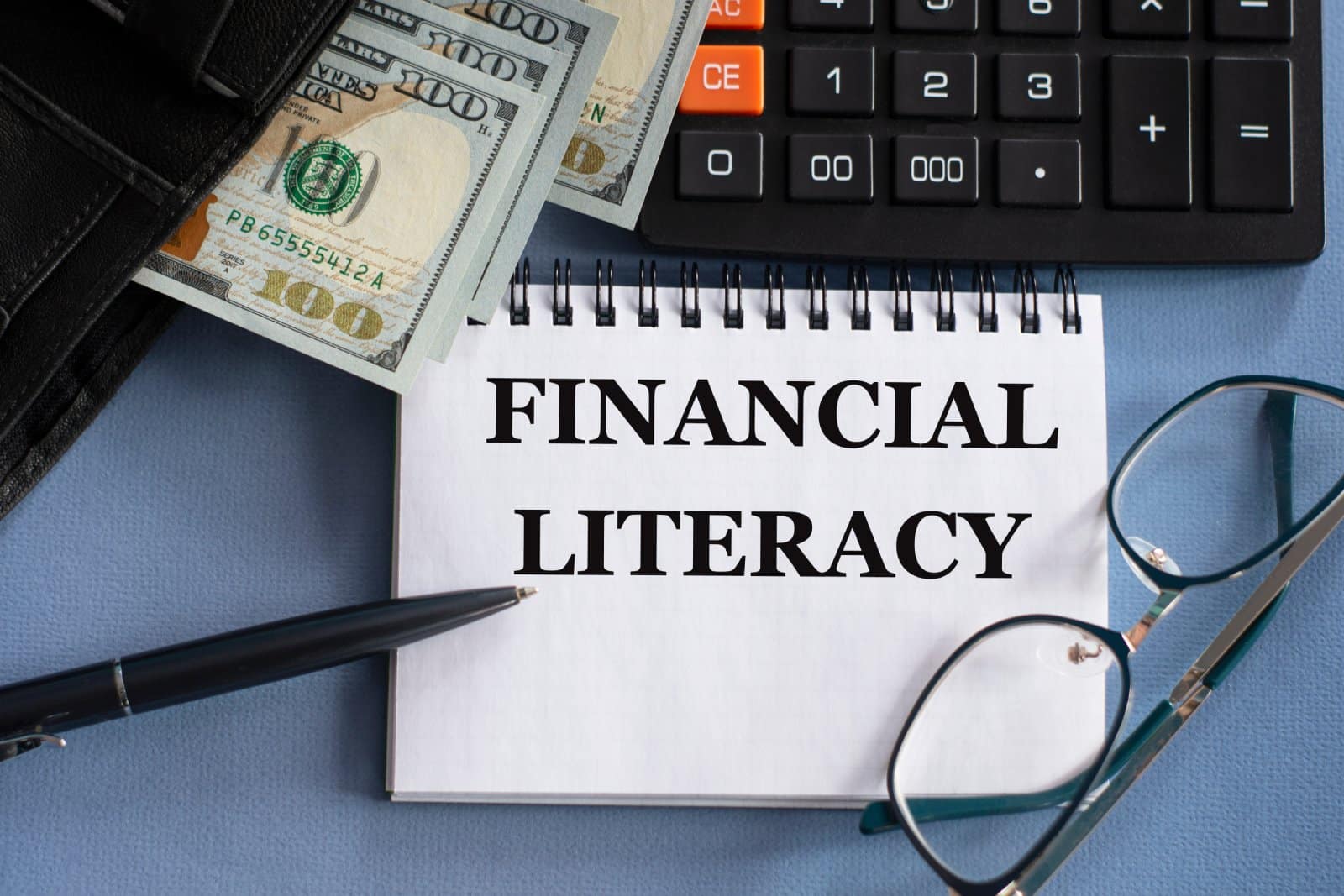Healthy credit score or 50,000 TikTok followers? A new poll shows that, given the choice, younger generations would choose good financials over social media clout.
TikTok Fame or Good Credit?

A new survey has asked 1000 young people – 500 GenZers and 500 Millennials – if they would prefer to have an “excellent” credit score, or 50,000 followers on TikTok, and their answers may surprise you.
Credit Sesame Poll

The poll, which was carried out by credit and loan company Credit Sesame, showed that 9 out of 10 people under 40 would choose good personal financials over a substantial degree of social media attention.
Pushing Back Against Stereotypes

These results may fly in the face of stereotypes that paint young people, particularly Gen Z, as social media obsessed.
750 Credit Score

Despite the stereotype, 92% of the Gen Z participants stated their preference for a 750 credit score.
Young People Get a Bad Rap

Founder of Credit Sesame Adrian Nazari, discussed these results in further depth, claiming that the survey responses suggested that younger generations were being mischaracterized as financially irresponsible.
Stereotypes Stand Debunked

“In this survey, we unearthed a remarkable truth – the perceived stereotypes of young people and their approach to their credit and finances stands debunked,” he said.
“They comprehend that a strong credit history is the linchpin of financial wellness.”
More Financial Insights

The survey shared even more insights into the specifics of Gen Z/Millennial finances, including the age at which they began building credit and how much they understand about credit scores and personal finances.
Lack of Understanding Around Credit

42% of participants reported their understanding of credit scores as ‘average to poor,’ 19% failed to identify the correct definition of terms like ‘debt’ and ‘credit,’ and one-third believed that regularly checking your credit rating would have an impact on your score.
No Credit for Some

The average Millennial began building credit at 23 years old, and 10% of Gen Z participants do not have any credit card or indeed a credit score.
An Opportunity for Education

Nazari and researchers at Credit Sesame believe that their survey could provide a much-needed opportunity to better educate young Americans about building and maintaining credit scores, as well as overall financial health and security.
Held Back by Debt

“They lack the education to make more informed choices like the 80% of Gen Z and Millennials who feel their debt is preventing them from owning homes, saving for retirement, and having children,” he said.
Education and Empowerment

“With 42% of respondents admitting they have a poor understanding of how credit scores work, we have a huge opportunity to educate and empower the younger generations,” he said.
Much Needed Optimism

It’s likely that a better understanding of personal finances would help Gen Z and Millennials to feel more positive about their financial future, something that is needed during a time when higher inflation, higher interest rates, and increasing cost of living are taking their toll on younger people.
Money Dysmorphia

According to a different survey, this time by personal finance company Credit Karma, 43% of Millennials and Gen Z describe themselves as having “money dysmorphia.”
Flawed Financial Perceptions

Money dysmorphia is described as a flawed perception of one’s own finances due to fear and anxiety around money matters.
Feelings of Falling Behind

Of those surveyed, 48 percent of Gen Z participants felt they were behind their peers financially, and a surprising 59% of Millennials shared this sentiment.
Self-Aware Youth

Young people are self-aware of these negative feelings, too. 95% of participants reported that their “obsession” with their money, or lack thereof, was having a negative impact on their financial health.
On the Path to Greater Financial Independence

Nazari feels that while younger generations feel a lot of anxiety around finances, it’s because they care about their financial health.
“They care about building and maintaining a positive credit history,” he affirmed. “So that they can achieve greater financial independence.”
Featured Image Credit: Shutterstock / LightField Studios .
The content of this article is for informational purposes only and does not constitute or replace professional financial advice.

